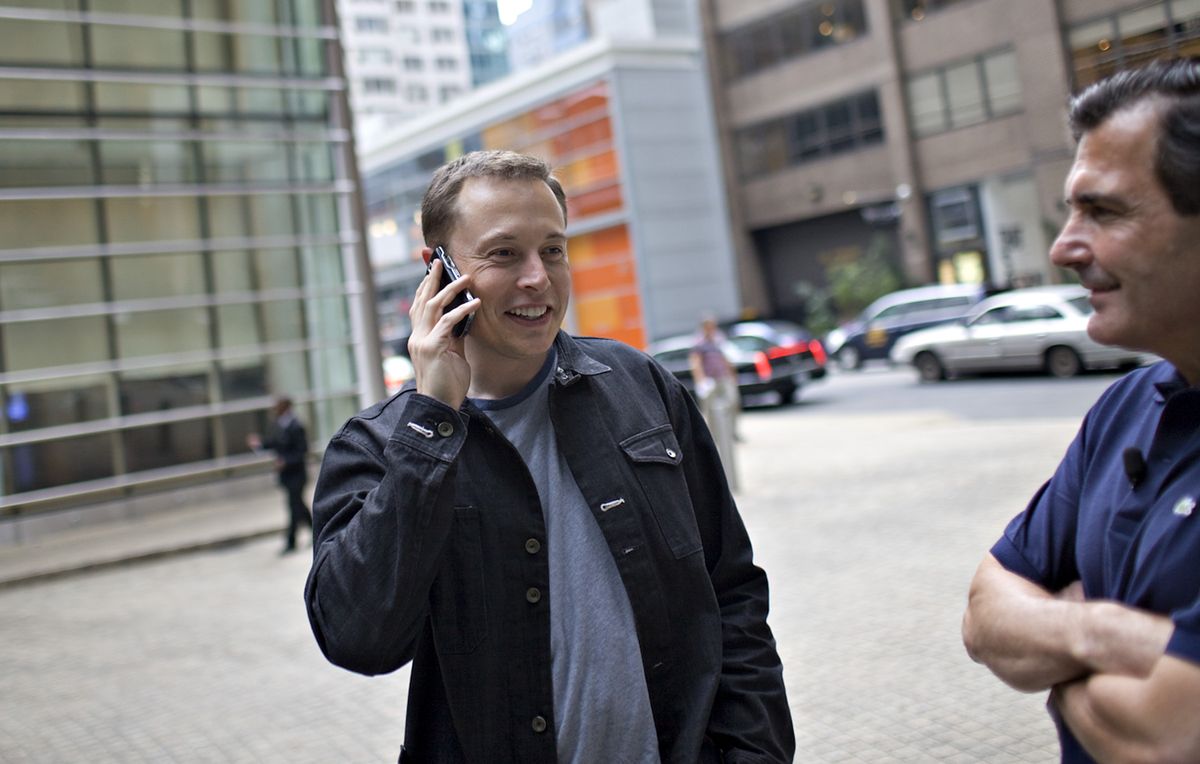Less than a week ago it was announced that Tesla CEO and billionaire Elon Musk purchased 9.2% of Twitter stock, spiking its valuation by 27% in the following days and making him the largest individual shareholder in the social media company. Shortly after the announcement of Musk’s investment in Twitter, CEO Parag Agrawal announced that he was also being added to the company’s board of directors.
However, a scant few days before that appointment would have been made, Agrawal has now announced that Musk will not be joining the Twitter board after all, tweeting “Elon shared that same morning that he will no longer be joining the board.”
“We have and will always value input from our shareholders whether they are on our board or not,” wrote Agrawal. “Elon is our biggest shareholder and we will remain open to his input.”
No firm reason has been given, but it’s not hard to guess that Twitter was incredibly wary of having Musk on the board in concert with his frequent public utterances, which can range from jokey to bizarre to deadly serious. Since Musk bought his Twitter stake, he’s suggested changes and a price cut for the Twitter premium subs service, asked if the platform was dying, suggested removing the ‘w’ from Twitter, wondered about turning Twitter HQ into a homeless shelter, pondered banning advertising on the platform, and… whether it should allow users to pay in dogecoin.
This is the kind of stuff that gives shareholders kittens. And it seems like Twitter staff may not be too happy either.
Elon has decided not to join our board. I sent a brief note to the company, sharing with you all here. pic.twitter.com/lfrXACavvkApril 11, 2022
See more
At times Musk in the past has got into serious hot water about his public pronouncements on business he’s involved with. When he tweeted asking if he should take Tesla private in 2018 it understandably sent the company’s valuation zig-zagging, and resulted in the SEC taking action against him.
Which is useful context to bear in mind with the whole free speech angle: it means different things if you’re a normie or a billionaire CEO. Musk has described himself as “a free speech absolutist” in the past (there in the context of refusing to ban Russian news sources from Starlink.)
So… this is probably not the most surprising news in the world. It also has consequences for Musk’s future strategy, as being on the board would have limited his personal stake in the company to 14.9%—but if he’s not on the board, he can own more of it. Twitter’s overall valuation would represent a fraction of Musk’s net worth, so it’s not beyond the realms of possibility.
Meantime Musk gets to meme and tweet, and Twitter’s valuation should be less affected by any odd outbursts or suggestions. Musk’s only public reaction so far was to tweet an emoji of a laughing face with its hand over its mouth—which he has subsequently deleted.
